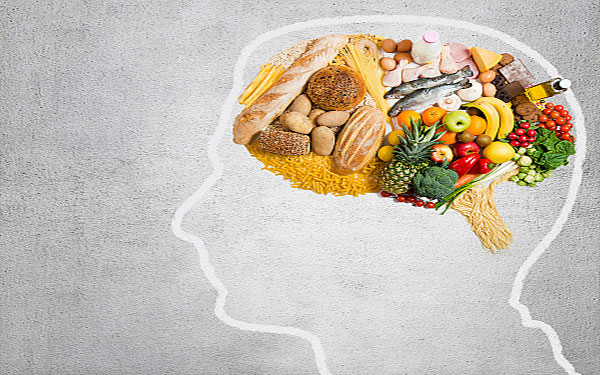services
DIET & SUPPLEMENTS
1. DIET AND ASD IN ASD CHILDREN
A. WHY ARE THERE AUTISM AND DIETARY ISSUES AND CONCERNS WITH ASD CHILDREN?
A nutritious diet is important for all children, but it is especially important for ASD children (Autism Spectrum Disorder) because of concerns about their GI (Gastro Intestinal) difficulties, which could lead to inadequate absorption of important nutrients for growth and development. One of our main objectives is to help parents and professionals find a holistic treatment or management package that will enable their children to operate independently and achieve their full potential.
Our dieticians advise eating a balanced, natural, and diverse diet that is as true to nature as possible. Pesticides, preservatives, artificial ingredients, fast foods, monosodium glutamate, and processed foods should be avoided whenever possible, but this is not always possible. Organic diets, for example, are easier to digest and absorb since they are less processed and more natural
B. WHAT DO PARENTS AND PROFESSIONALS OF ASD CHILDREN NEED TO KNOW & UNDERSTAND?
Although there is no special ASD diet, avoiding certain proteins may help to alleviate symptoms. One of the most commonly used dietary interventions is the gluten-free, casein-free (GFCF) diet, which has the most studies. Gluten, a protein found in wheat, and casein, a protein found in milk, are both excluded from this diet. In theory and in layman’s terms, children with ASD normally function better on this diet because inadequate protein breakdown produces a chemical that can inflame the gut. Celiac disease, which responds to a gluten-free diet, can also be checked for by parents.
C. ARE THERE OTHER DIET STRATEGIES THAT MAY WORK ?
A high-fat, low-carbohydrate ketogenic diet may help autistic children who also have a seizure disorder (such as Epilepsy). This diet can lead to stunted growth, weight gain, and high cholesterol levels, if not followed correctly, so it’s crucial to follow it under the guidance of a qualified dietitian and physician.
When children eat a yeast and sugar-free diet, they can be successful.
To encourage their children to eat new foods, most parents would benefit from advice and mealtime tactics from specialists such as dieticians, Occupational Therapists, Pediatricians, and others.
For a detailed professional answer and a planned dietary plan, reach out to our Nutritionist through our contact page: here



2. SUPPLEMENTS
A. WHY CONSIDER SUPPLEMENTS FOR ASD CHILDREN?
Most ASD children (or, for that matter, most children) are picky eaters, go on food jags (when a child will only eat one food item, or a very small group of food items, meal after meal), and don’t eat a well-balanced diet. Parents need to make sure their children are meeting their nutritional needs, and a once-daily multivitamin with minerals is great insurance. It is advisable to stay within accepted guidelines for all nutrients and make sure they’re getting enough vitamins and minerals.
B. HOW CAN PROBIOTICS HELP GI SYMPTOMS ?
C. WHAT OTHER NUTRITIONAL ADVICE DO OUR DIETICIANS HAVE?
Many ASD children tend to be deficient in essential fatty acids, fibre, and protein. For evaluations of your child’s diet and help parents understand where the nutrient gaps are and how to fill them, reach out to our dietician.
For a detailed professional answer and a planned dietary plan reach out to our Nutritionist.
Contact: here
Vitamin Advisor

You can get more information from
https://www.vital.co.za/vitamin-advisor/



